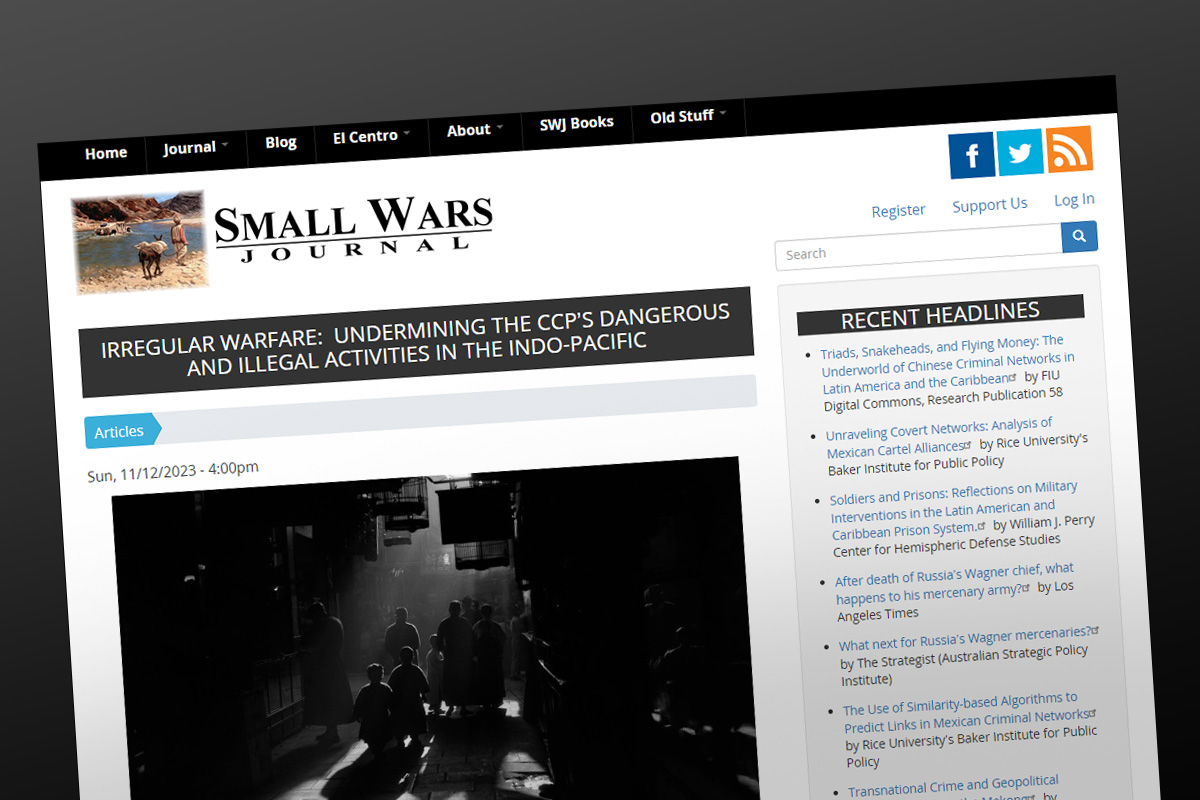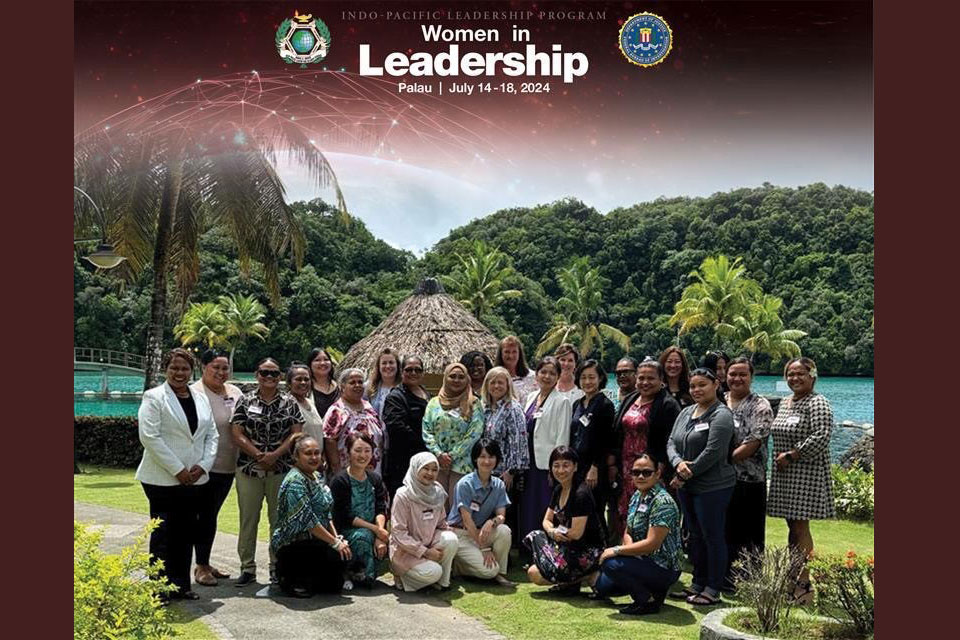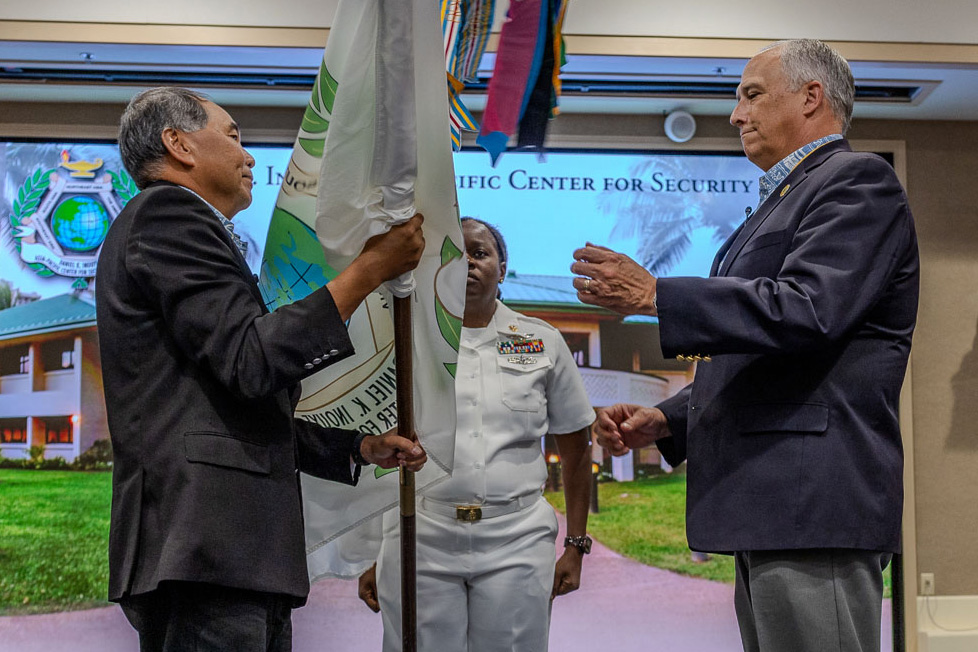In a recent article titled “Irregular Warfare: Undermining the CCP’s Dangerous and Illegal Activities in the Indo-Pacific,” Dr. Jeremiah “Lumpy” Lumbaca proposes a comprehensive irregular warfare strategy that could allow the U.S. Indo-Pacific Command to disrupt the Chinese Communist Party’s malign activities and the networks that support them.
The proposed strategy defines Political Warfare as a non-violent means to achieve national objectives. In contrast, Irregular Warfare is the military component focused on influencing populations and affecting legitimacy. Lumbaca outlines four strategic focus areas:
- Shaping the environment: Initiatives include countering adversarial propaganda, developing military capacities, and building information operations.
- Denying sanctuary: Disrupting CCP networks and interdicting illicit activities to prevent their free operations.
- Empowering partners: Encouraging creative approaches in building alliances and capacity.
- Degrading or defeating CCP’s malign activities: Supporting deterrence and reducing CCP’s irregular and conventional military capabilities.
The strategy outlines various lines of effort within these focus areas, such as countering illegal activities, conducting offensive elite capture, and supporting resistance movements in regions like Taiwan, Xinjiang, Tibet, and Hong Kong.
The I.W. campaign aligns with the broader U.S. national security strategy for the Indo-Pacific. It requires updated military authorities to confront the new era of threat and competition within legal boundaries. It serves as a roadmap for achieving military objectives and supporting American interagency efforts to counter CCP’s disruptive behavior in the Indo-Pacific.
Dr. Jeremiah “Lumpy” Lumbaca, a retired U.S. Army Special Forces Lieutenant Colonel, joined the Daniel K. Inouye Asia-Pacific Center for Security Studies in 2019. Before his arrival at the Center, Lumpy served for over twenty years on active duty in various positions throughout the U.S. Special Operations Forces community, primarily emphasizing the Indo-Pacific region. He commanded Green Berets at multiple levels while living and operating in nearly every country throughout North, South, and Southeast Asia. He served in Operation Iraqi Freedom and Operation Enduring Freedom – Philippines. He was involved in numerous other combat, operational, diplomatic, and inter-agency initiatives on behalf of the U.S. Government.
Jeremiah “Lumpy” Lumbaca, is a professor at the Daniel K. Inouye Asia-Pacific Center for Security Studies in Honolulu. The views expressed are those of the author alone and do not represent the official policy of the DKI APCSS, the U.S. Department of Defense, or the U.S. government.










Leave A Comment